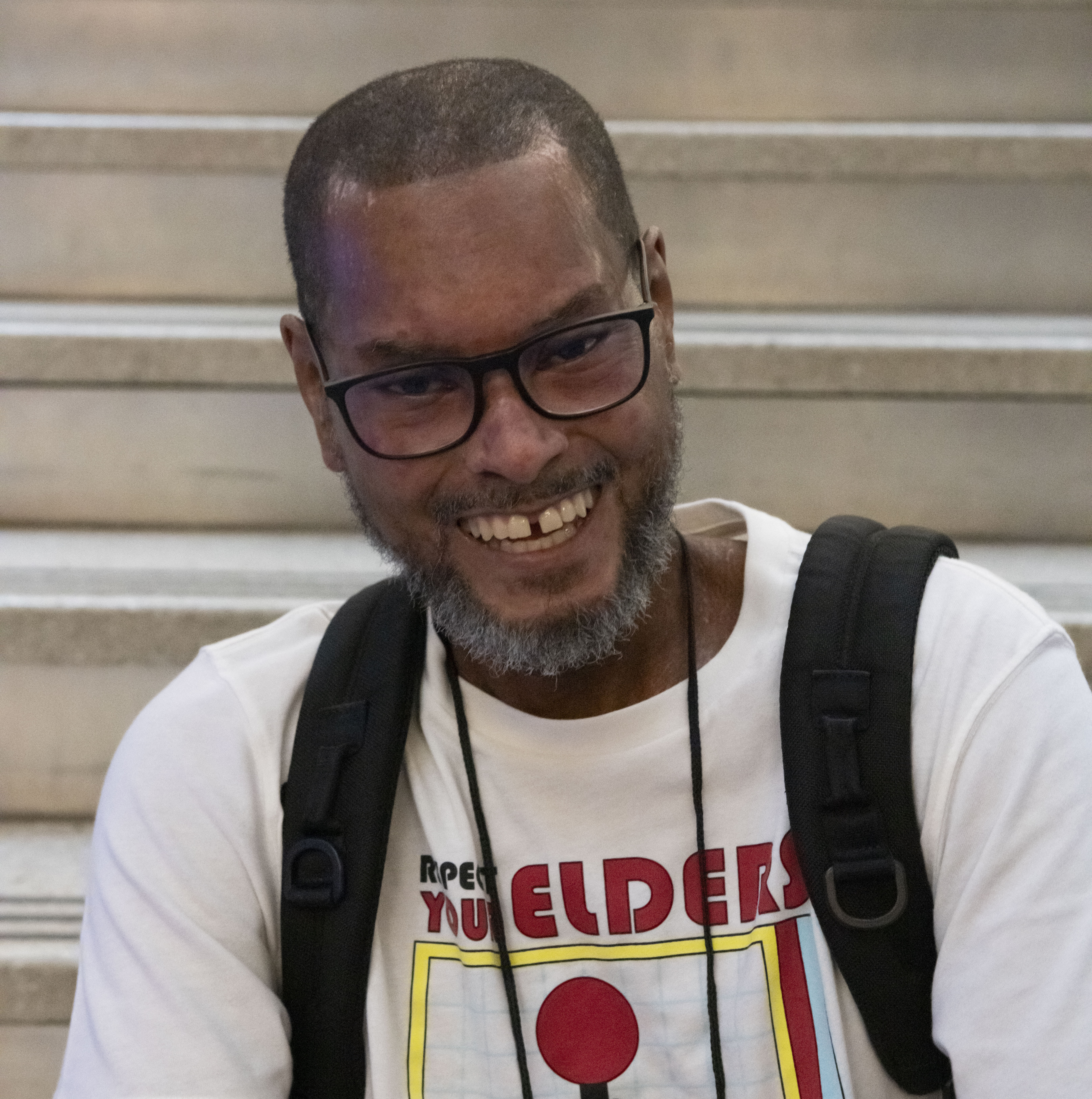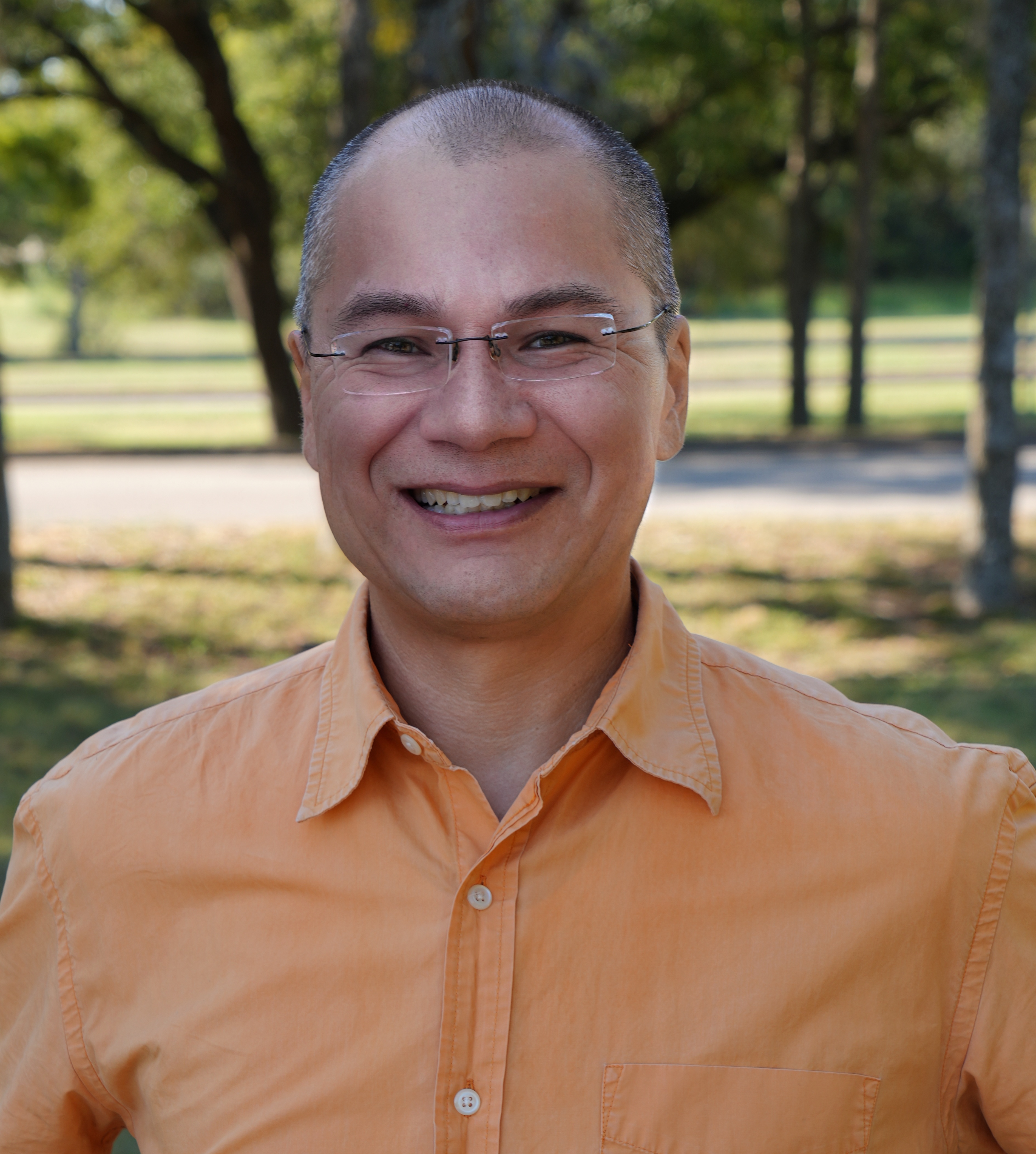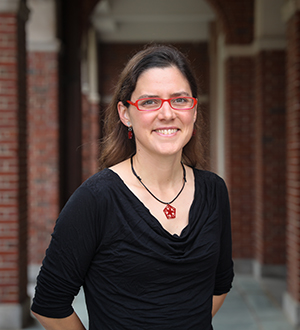Mahmoud Harding, Data Science 4 Everyone
 Mahmoud Harding is a NC native who has taught math and data science at NCSSM and NC State for the past several years. He enjoys developing course material and collaborating with colleagues on projects. From 2002 to 2017 he taught in the Middle East at both university and secondary schools. Previously, he worked as a programmer at Vf Corporation and as a systems analyst at both IBM and Revlon. Currently, he works for Data Science 4 Everyone as an instructional designer and advocate for the inclusion of data literacy and science in K-12 education.
Mahmoud Harding is a NC native who has taught math and data science at NCSSM and NC State for the past several years. He enjoys developing course material and collaborating with colleagues on projects. From 2002 to 2017 he taught in the Middle East at both university and secondary schools. Previously, he worked as a programmer at Vf Corporation and as a systems analyst at both IBM and Revlon. Currently, he works for Data Science 4 Everyone as an instructional designer and advocate for the inclusion of data literacy and science in K-12 education.


 Diana teaches math, coaches girls cross country and is a dorm head at PEA. She previously created and taught problem-centered, discussion-based math classes at Northwestern University, Williams College and Swarthmore College. Outside of teaching and pedagogy, she does research in geometry, dynamical systems, and gerrymandering. Diana, a 2003 graduate of Exeter, has worked at the conference since 2004 and as a leader since 2012. She loves to create opportunities for people to think deeply about math and discuss it with each other.
Diana teaches math, coaches girls cross country and is a dorm head at PEA. She previously created and taught problem-centered, discussion-based math classes at Northwestern University, Williams College and Swarthmore College. Outside of teaching and pedagogy, she does research in geometry, dynamical systems, and gerrymandering. Diana, a 2003 graduate of Exeter, has worked at the conference since 2004 and as a leader since 2012. She loves to create opportunities for people to think deeply about math and discuss it with each other.